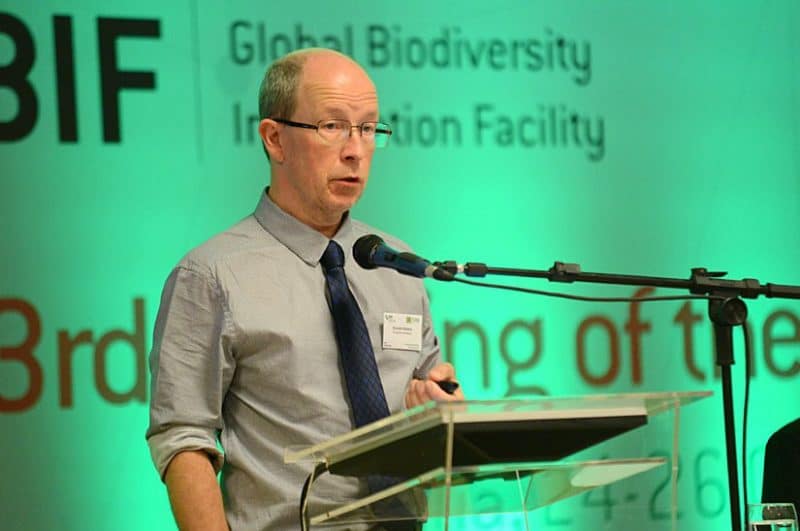A global platform for sharing information about the world’s biodiversity has passed a major milestone, with the publication of the one-billionth species record of where a species lives through the Global Biodiversity Information Facility (GBIF).

GBIF is an international network and research infrastructure aimed at providing anyone, anywhere, open access to data about all types of life on Earth. Records freely accessible to all through the GBIF.org platform provide researchers and policy makers with an unrivalled information resource, bringing together evidence gathered over centuries and across the whole planet on where and when species have been observed or collected. The facility is funded by the world’s governments.
Commenting on the one-billion record milestone, GBIF’s Executive Secretary, Donald Hobern, said: “If we want to address the big challenges we face around the future of land use, conservation, climate change, food security and health, we need efficient ways to bring together all the data capable of helping us understand the changing state of the world and the essential role that biodiversity plays at all scales.
“This milestone shows that today’s GBIF is prepared for continued growth and ready to handle the massive volume of data we expect to see from other new technologies and sources.”
GBIF confirmed the one-billion record landmark as delegates from 141 countries gathered in Montreal for the second meeting of the Subsidiary Body on Implementation (SBI2) to discuss the next phase of implementing the objectives of the Convention on Biological Diversity, in anticipation of the end of the Strategic Plan for Biodiversity 2011-2020.
Dr Cristiana Pasça Palmer, Executive Secretary of the Convention on Biological Diversity, said: “Stepping up action to combat biodiversity loss is going to require access to the best possible data and information. GBIF has demonstrated the power of big data to be harnessed in support of our objectives.
“We have the potential to unlock vast additional information resources to inform smarter responses – if we are willing to share the information we hold and invest in the infrastructure and capacity to make it available for the public good.”
The information available about the occurrence of over one billion species through GBIF is the result of the collective efforts of more than 1,200 institutions in 123 countries that willingly share data in standard digital formats, arising from natural history collections, research projects, species monitoring programmes and citizens’ observations, among many other sources.
Data accessed through GBIF.org is cited in approximately two research publications each day, covering topics as diverse as conservation planning, invasive alien species, impacts of climate change, food security and human disease risk.
GBIF’s collaborative network of 56 participating governments and 36 international organisations shares skills and experiences in the mobilisation and use of biodiversity data, including through capacity programmes such as Biodiversity Information for Development, funded by the European Union, supporting over 60 projects to enhance the availability of biodiversity data for policy needs in Africa, the Caribbean and Pacific.
